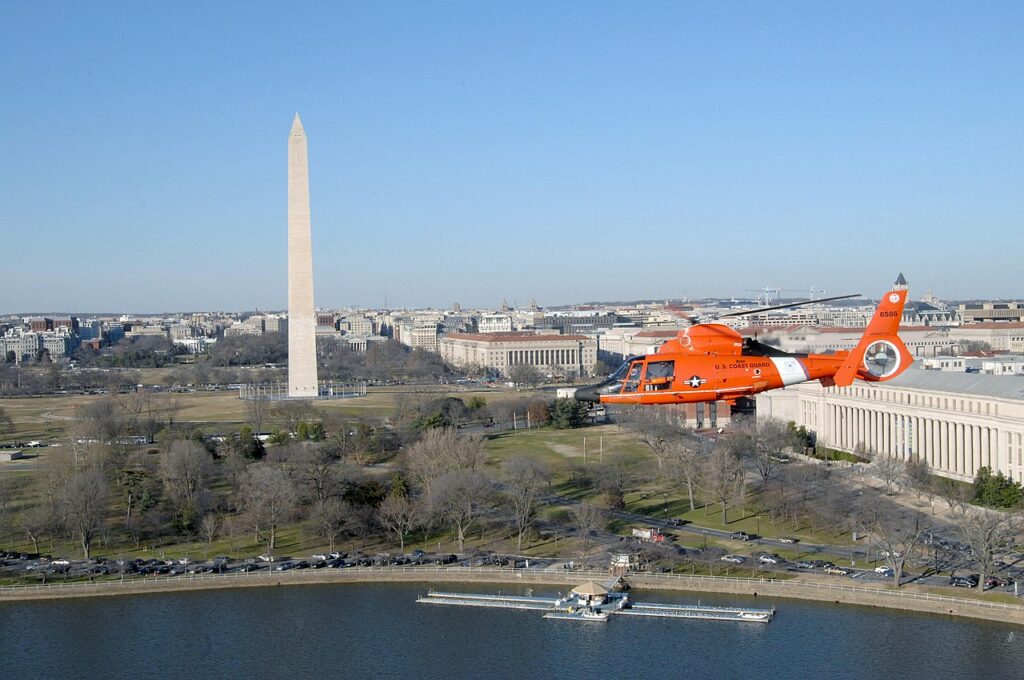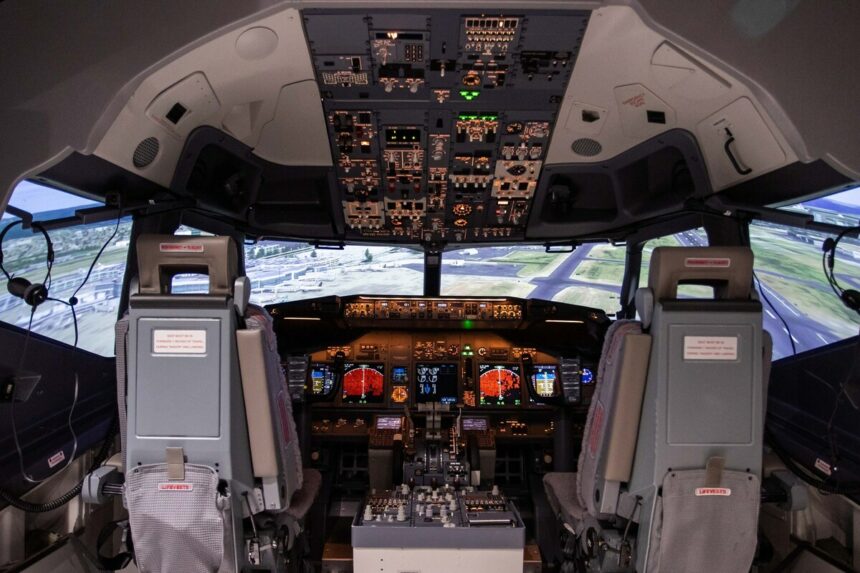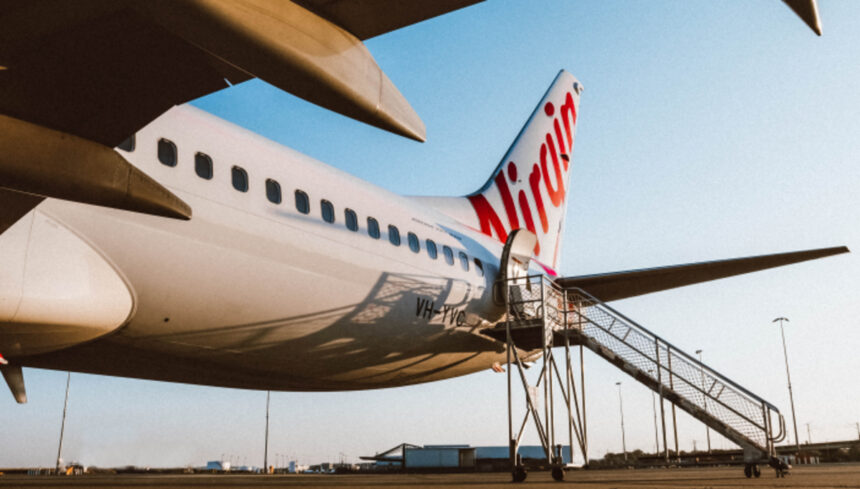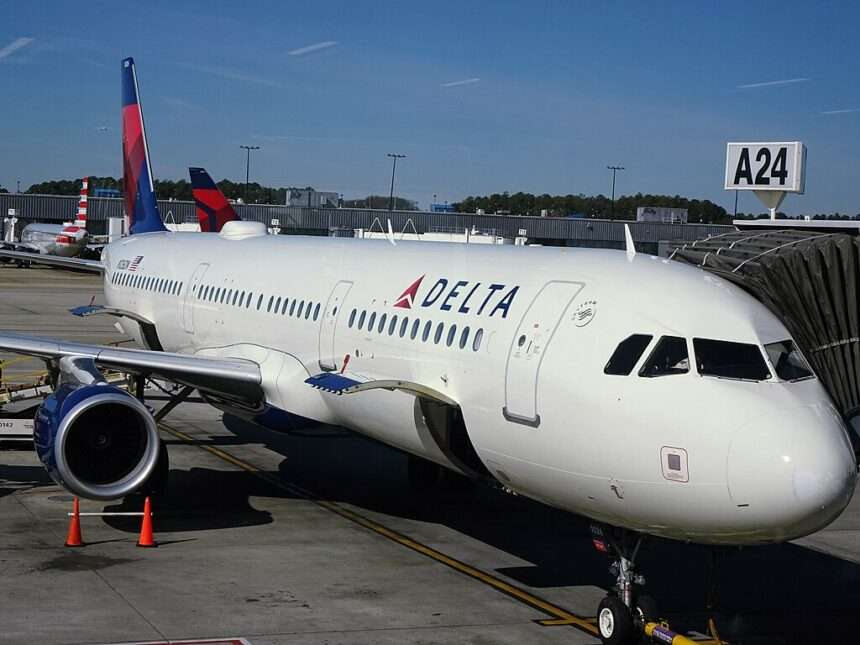Congresswoman Eleanor Holmes Norton (D-DC), introduced a bill last Thursday that would require the Federal Aviation Administration (FAA) to submit a report and recommendations to Congress on how to reduce helicopter noise in the District of Columbia.
The congresswoman is co-chair of the Quiet Skies Caucus and a member of the Subcommittee on Aviation.
“I hear from D.C. residents almost daily about the negative impact of helicopter noise on their lives, despite the airspace restrictions related to being the nation’s capital,” Norton said.
“The noise can be damaging to health and quality of life, and helicopters can even harm the structural integrity of homes. While I recognize the need for helicopters in D.C., the FAA and Congress must do more to mitigate the harm to D.C. residents.”
“I will continue to work with federal agencies that fly helicopters in D.C. and on legislation to reduce helicopter noise for D.C. residents,” she concluded.
Requirements of the Bill
In making its recommendations, the bill would require the FAA to consider altitude, frequency of flights, flight paths, flight timing, types of helicopters, operating procedures, and pilot training, among other factors.
The bill would require the FAA to submit its recommendations to Congress not later than 180 days after enactment.
Norton has taken several steps to combat helicopter noise in D.C., including:
Last year, she introduced a bill that would require helicopters in D.C. to fly at the maximum altitude permitted by the FAA in D.C., with limited exceptions.
In 2021, she sent separate letters to the Department of Defense, the Department of Homeland Security, and the National Park Service.
The letter asked them to fly their helicopters in D.C. at higher altitudes, limit night-time flights and flights over residential areas, and provide advance notice to residents of prolonged training missions in particular areas.
In 2019, Norton led National Capital Region (NCR) members in requesting that the Government Accountability Office (GAO) study helicopter noise in the NCR. GAO released its report in January 2021.
In March 2021, she introduced a bill that would require the FAA to implement GAO’s recommendation that the FAA establish a mechanism to exchange helicopter noise information with helicopter operators in the NCR.
History of helicopter noise problems in Washington DC
Helicopter noise has been a longstanding problem in Washington DC, affecting the quality of life for residents and visitors in the area.
The noise generated by helicopters can be particularly disruptive, as it can be heard from a great distance and can be very loud, causing stress and annoyance for those in the vicinity.
The issue has been especially acute in recent years, with the growth of the city’s tourism industry and the increased use of helicopters by the federal government for transportation and security purposes.
One of the main concerns raised by residents and visitors is the impact of helicopter noise on their health and well-being.
According to a study conducted by the World Health Organization (WHO), exposure to high levels of environmental noise can lead to a range of negative health outcomes, including increased risk of cardiovascular disease, cognitive impairment, and sleep disturbance.
These health effects can be particularly pronounced for vulnerable populations, such as children, the elderly, and people with pre-existing health conditions.
Efforts have been made in recent years to address the issue of helicopter noise in Washington DC. The FAA has implemented new flight paths and other measures designed to reduce the impact of helicopter noise on local communities.
Some helicopter operators have also taken steps to reduce noise levels by using quieter engines or modifying their flight patterns.
For example, the Marine One helicopter, which transports the President of the United States, has been outfitted with a quieter engine and other noise-reducing features.
Despite these efforts, helicopter noise remains a concern for many in the Washington DC area. Some local residents and community groups have called for stricter regulations on helicopter use and noise levels, while others have suggested alternative transportation options, such as electric or hybrid aircraft.
As the city continues to grow and evolve, it will be important to balance the needs of different stakeholders while ensuring that the impact of helicopter noise on public health and quality of life is minimized.
Reference:
World Health Organization. (2011). Burden of disease from environmental noise: Quantification of healthy life years lost in Europe.









